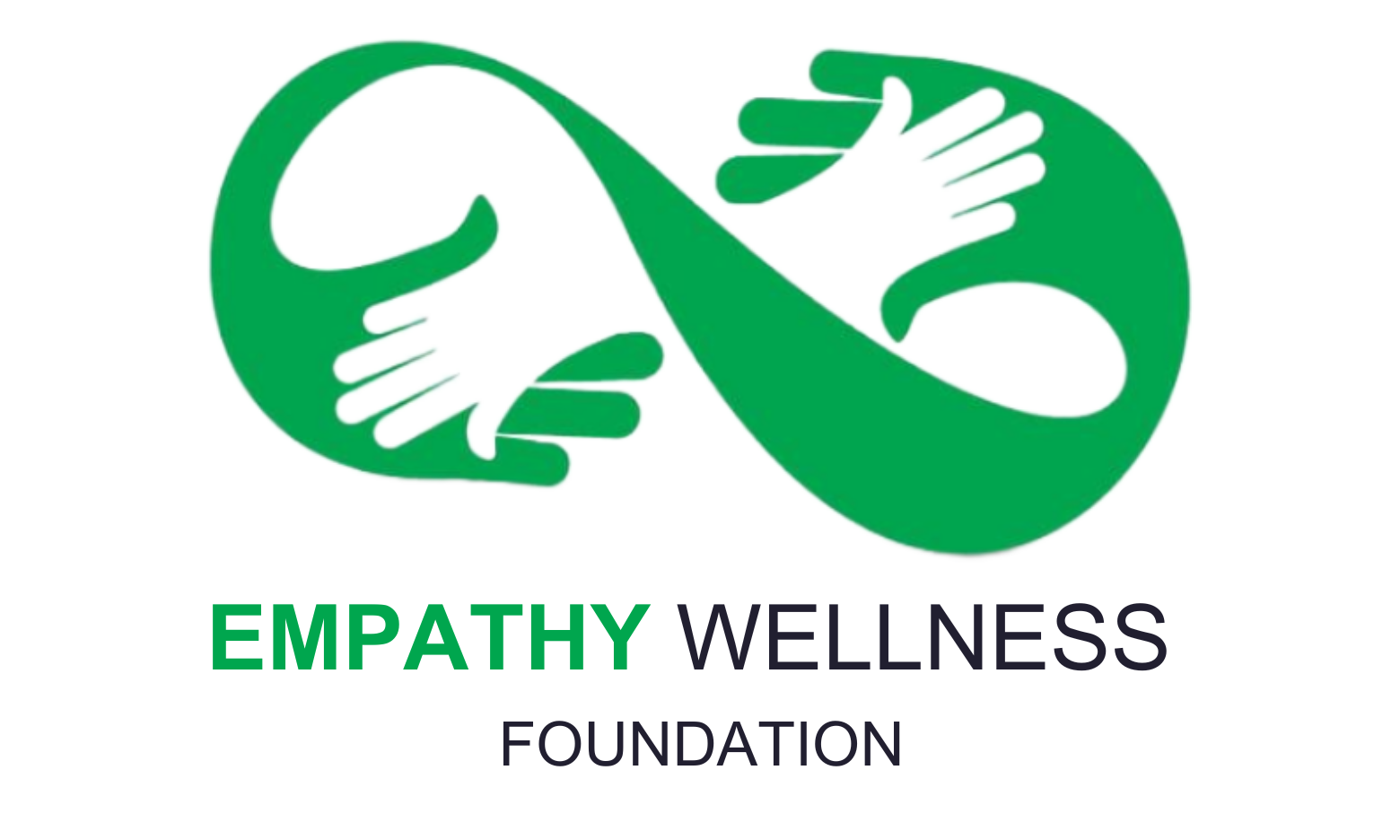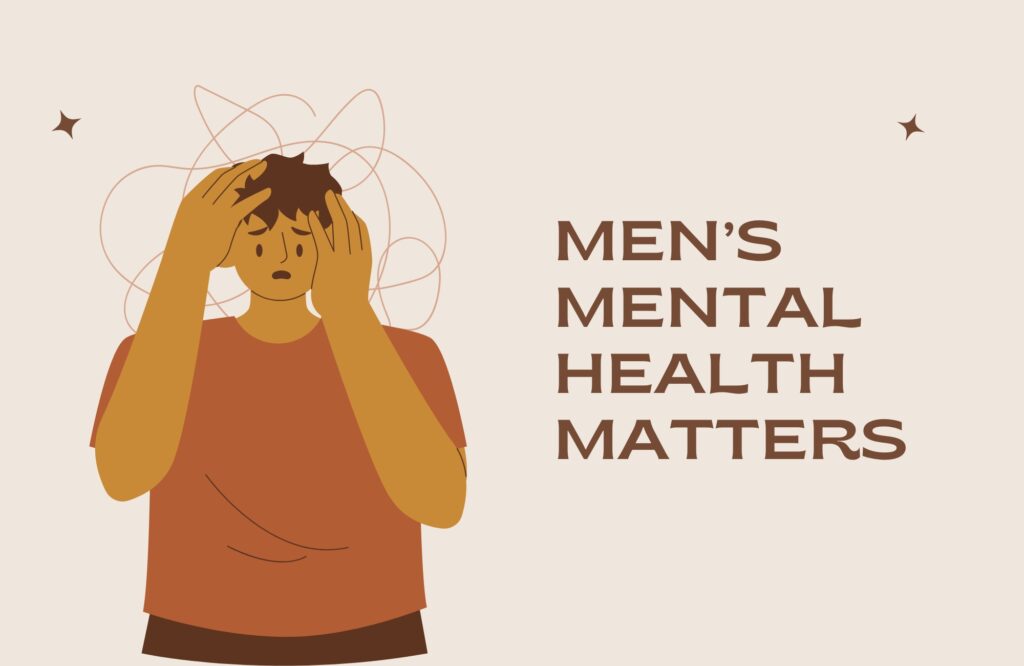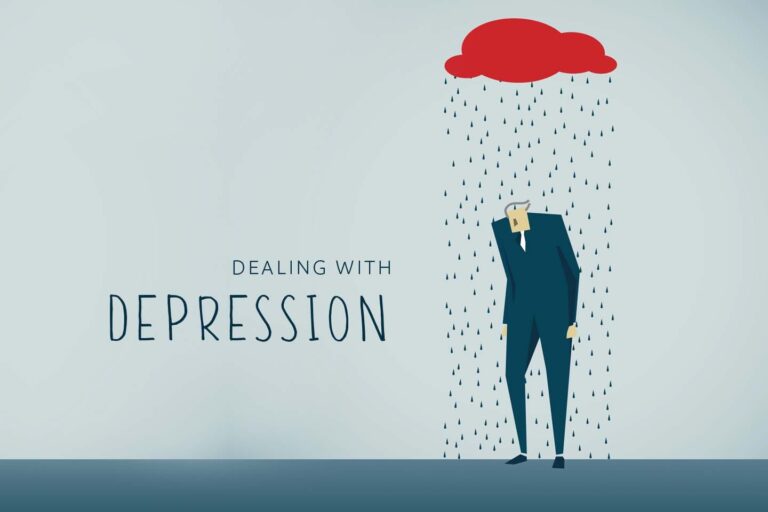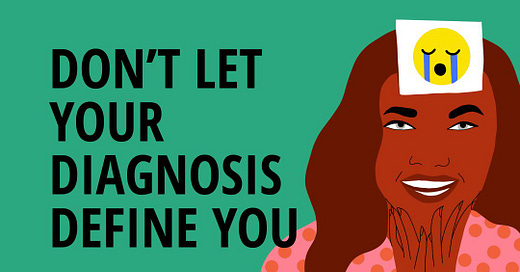Breaking the Silence: Men’s Mental Health Matters
For generations, men have been told to “tough it out,” “man up,” and keep their feelings buried deep. Strength has often been measured by silence, and vulnerability seen as weakness. But times are changing—and it’s time we talk about something that has been hidden for far too long: men’s mental health.
The Silent Struggle
Mental health challenges do not discriminate. Anxiety, depression, trauma, and stress affect everyone—regardless of gender. But while men experience these issues just like women, they are often less likely to seek help.
In fact, studies show that men are significantly less likely to receive mental health treatment, even though they are more likely to die by suicide. This isn’t because men don’t suffer—it’s because they often suffer in silence.
Why Don’t Men Talk?
Several reasons contribute to this silence:
- Societal Expectations: Men are often raised to be stoic, problem-solvers, and emotionally “tough.” Admitting pain can feel like failure.
- Fear of Judgment: Many fear being perceived as weak or incapable if they open up about their mental struggles.
- Lack of Awareness: Some men don’t recognize that what they’re feeling is a mental health issue, especially if symptoms show up as anger, irritability, or fatigue.
But emotional strength isn’t about suppression—it’s about honesty, awareness, and taking care of yourself.
Common Mental Health Issues in Men
- Depression: Men may experience it differently than women. It often appears as anger, restlessness, or risk-taking behaviours.
- Anxiety: Chronic stress, panic attacks, and a constant sense of dread can affect daily life and relationships.
- Substance Abuse: Many men turn to alcohol or drugs as a way to cope with internal pain.
- Suicide: Men account for the vast majority of suicide deaths globally. This statistic speaks volumes—and calls for urgent attention and action.
Signs to Look Out For
- Persistent sadness or hopelessness
- Difficulty sleeping or sleeping too much
- Fatigue or lack of motivation
- Increased anger, frustration, or irritability
- Substance misuse
- Withdrawal from family, friends, or activities
- Thoughts of self-harm or suicide
If you or someone you know is showing these signs, know that help is available and healing is possible.
Taking the First Step
The hardest part is often the first step: speaking up. Whether it’s confiding in a friend, reaching out to a therapist, or simply acknowledging how you feel—every step counts.
- Therapy isn’t weakness. It’s strength in action.
- Talking isn’t unmanly. It’s human.
- Self-care isn’t selfish. It’s survival.
You don’t have to have all the answers. You just have to be willing to start the conversation—with yourself, and with others.
How We Can Help Each Other
- Check in on your friends. A simple “How are you really doing?” can open a door.
- Create safe spaces. Whether it’s a group chat or a coffee break, let conversations go deeper.
- Break the stigma. Talk openly about mental health. The more we normalise it, the more we heal.
- Lead by example. If you’re doing the work—whether it’s therapy, journaling, or just setting boundaries—share your story. You never know who needs to hear it.








